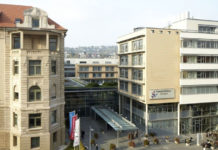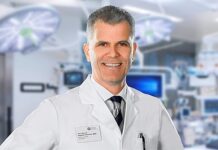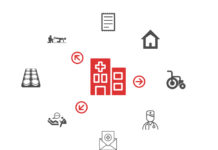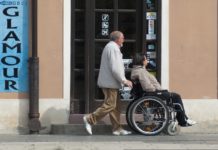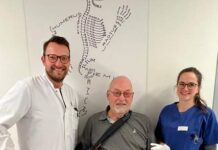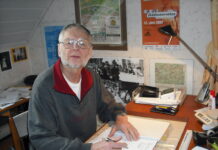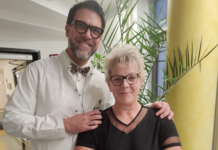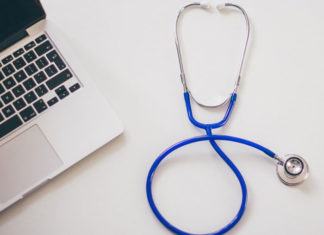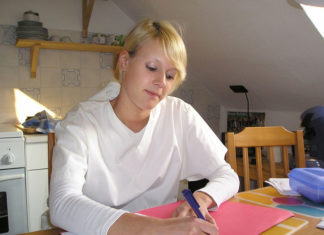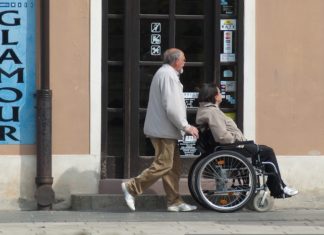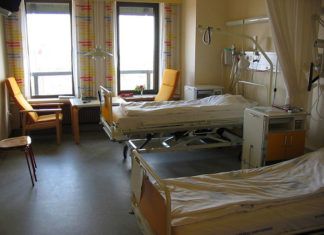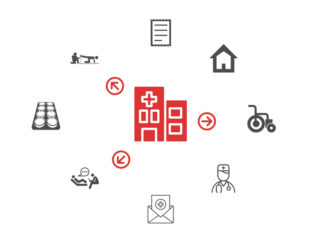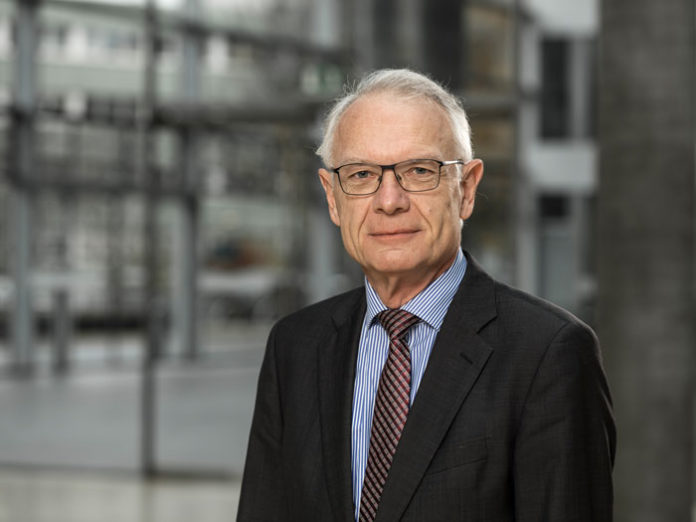
In Germany, in the case of a medical error, you can turn to the expert committee of the responsible Medical Board. This is an extrajudicial arbitration board for disputes between doctors and patients. Johannes Riedel explains how it works in this interview.
Mr. Riedel, you are the chairman of the expert committee for medical errors of the Medical Board North Rhine. Does a doctor have to worry when he receives a letter from you?
Johannes Riedel: No, they don’t have to worry. Our letter is a burden for him, we are aware of that. But we recommend to stay calm and treat the issue carefully. The more careful the answer, the better we will be able to resolve the issue correctly.
Can patients file a complaint at any time or only if they can provide specific evidence?
Johannes Riedel: Patients don’t have to provide evidence for medical errors. It is sufficient that a reasonably specific reproach exists. However, it has to be specific to such a degree that we can identify which doctor and which hospital is involved. You have to state the precise location, time and treating doctor.
Are there cases where you get inquiries from patients and decline their inquiry because it’s only a small matter in your opinion?
Johannes Riedel: We sometimes have cases that are older than five years. Our statute states that you usually cannot file a complaint five years after the treatment has ended. This is because normally, it is quite difficult to clarify the case after five years. Although the treatment documentation is kept for ten years according to law, but the more time passes, the more complicated it is to trace back the case correctly. Just imagine a hospital physician who has hundreds of patients every year. It would be hard for him to remember a case from five years ago.
If the case is older than five years, you could still theoretically go to court and pass over the expert committee as a patient, right?
Johannes Riedel: Of course. You are free to go to court. The expert committee is a voluntary arbitration proceeding. Our result is not binding for the patients. However, statistics have shown that in most cases, we contribute to pacification.
In how many cases are you, as well as the patient, of the opinion that a medical error exists?
Johannes Riedel: In North Rhine, the numbers are approximately at the average in Germany. In about 70 percent of the cases, no medical error is identified. Pacification is achieved by saying that the accusations cannot be supported. In about 30 percent of the cases, a medical error is identified. That’s where we try to mediate between the patients and doctors involved.
When you identified an error, are these cases passed on to court so that it entails criminal consequences for the doctor after the arbitration?
Johannes Riedel: At the moment, there is no reliable statistics about how many cases are settled amicably and how many cases go to court in the end. Fifteen years ago, investigations have shown that only a very small percentage of cases entailed a follow-up process. In North Rhine, we are planning to organize an exchange of experiences with judges who deal with medical liability.
The last statistic of the Federal Medical Board shows that most medical errors in clinics are made in the field of orthopedics. The fewest errors are made in cardiology. Do cardiologist work more conscientiously than orthopedists?
Johannes Riedel: That is a question that could come up when you look at the statistic. However: First of all, throughout Germany, the numbers are not high enough to be statistically relevant. In addition, there are medical areas where the correctness of treatment is easier to comprehend than in others. This is easier in orthopedic specialist areas. You can look at the intra-operative imaging later as well as the post-operative imaging. You can see on an enlarged image that a screw sticks out and prove the error. In cardiology, there are much less possibilities to retrace things later.
You want to report a medical error in Germany? Contact the responsible expert committee in our federal state. You can find them here!
This interview was first published in the Deutsche Ärzteblatt/Ärztestellen in a modified version.







